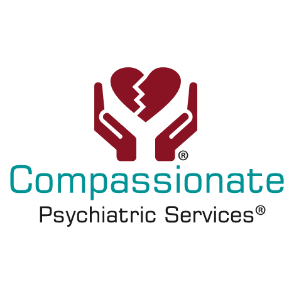Healing Through Understanding: The Role of Therapy in Managing Anger After Trauma
Traumatic events can have a profound impact on your emotional well-being, often leaving you with a range of emotions, including anger. Learning how to manage intense emotions is crucial for overall mental health and healing. Therapy provides a safe and supportive space where you can explore the roots of your anger, develop coping mechanisms, and work towards emotional resilience.
Trauma can manifest in various ways, and anger is a common emotional response. You may experience anger as a defense mechanism, a way to regain control, or an expression of deep-seated pain. Therapy helps you recognize the connection between your traumatic experiences and your anger and can foster self-awareness and understanding.
Therapy offers a confidential and non-judgmental environment, which allows you to express your anger without fear of criticism. Therapists are trained to create a safe space where their clients can openly discuss their emotions, providing a crucial foundation for healing.
Anger is a secondary emotion and often masks underlying emotions such as fear, grief, or shame. Through various therapeutic approaches, you can explore the root causes of your anger. This self-discovery process enables a deeper understanding of the trauma’s impact and helps identify specific triggers.
A Therapist will work collaboratively with you to develop healthy coping strategies for managing anger. This may involve learning relaxation techniques, mindfulness practices, or communication skills. By acquiring these tools, you can navigate challenging situations without resorting to destructive expressions of anger.
Trauma can disrupt the normal regulation of emotions. Therapy provides a structured framework for developing emotional regulation skills, which enables you to recognize, understand, and manage your emotions effectively. This, in turn, helps in preventing overwhelming outbursts of anger.
Effective communication is crucial in expressing your emotions without causing harm. Therapists can assist you in developing assertiveness and communication skills, facilitating healthier ways to express anger and communicate your needs.
Trauma survivors often struggle with self-blame and guilt. Therapy emphasizes self-compassion, helping you to understand that your reactions are natural responses to trauma. By cultivating self-compassion, you can reduce internalized anger and work towards self-forgiveness.
Managing anger after a traumatic event is a complex and ongoing process. Therapy serves as a valuable resource in this journey, providing the necessary tools and support to navigate big emotions, develop coping strategies, and ultimately foster healing. Through self-awareness, emotional regulation, and enhanced communication skills, therapy empowers you to reclaim control over your life and build a foundation for a healthier and more resilient future.
Seeking therapy may help you manage the anger you feel as a result of a traumatic event. If you or a loved one struggles with symptoms related to trauma, Compassionate Psychiatric Services may be the solution for you. Give our office a call today at 469-200-4093 and speak with a specialist. For more information visit our website at www.compassionatepsychiatry.org



